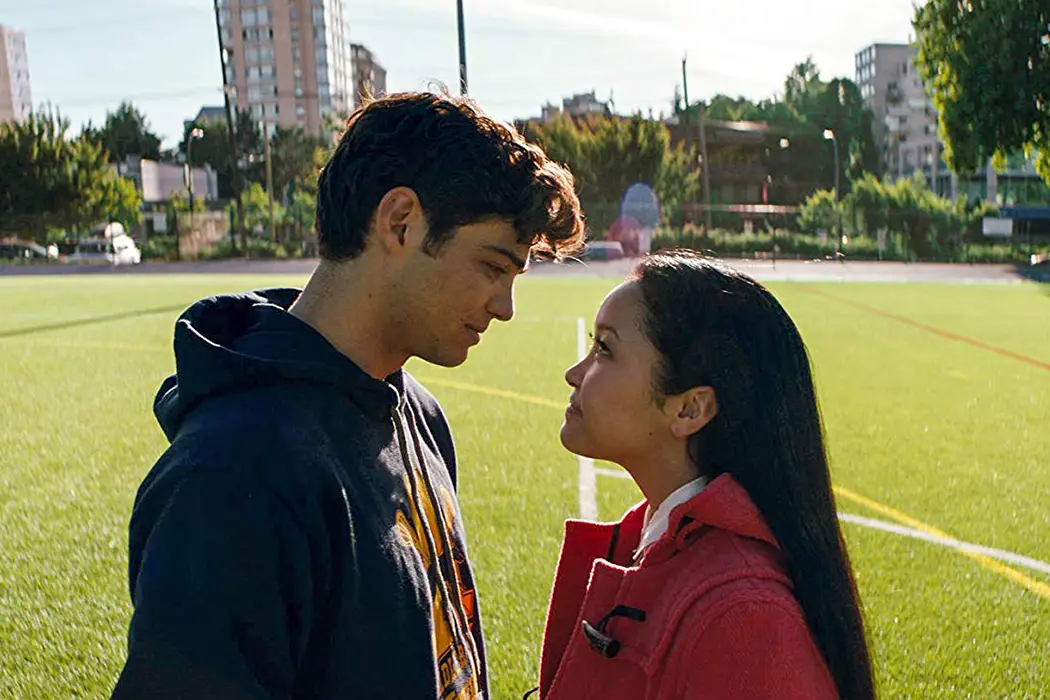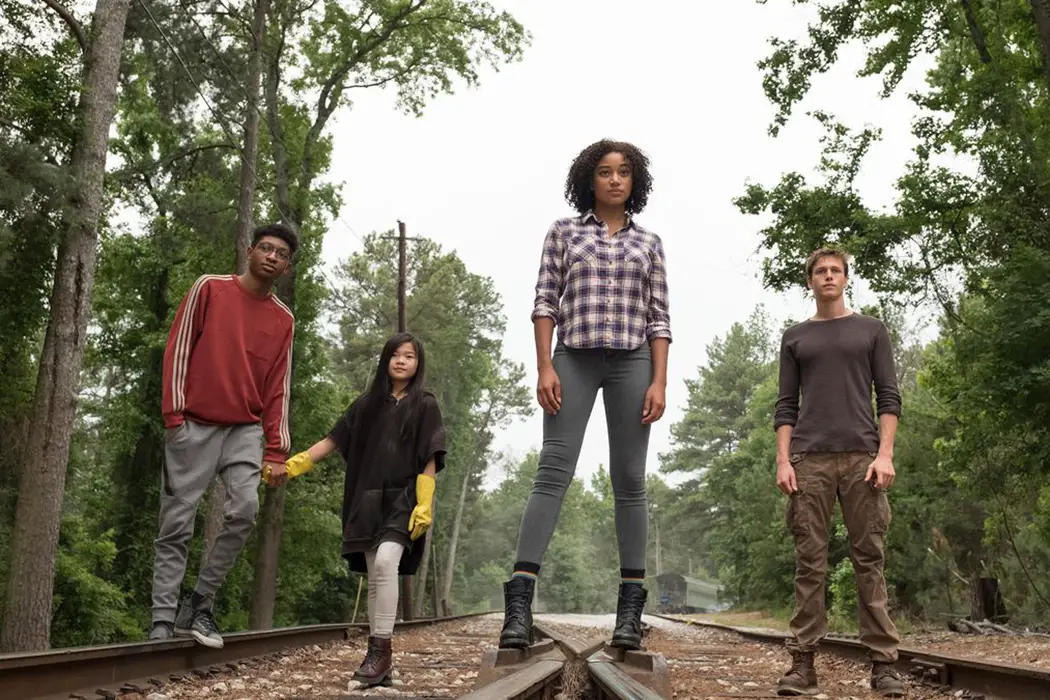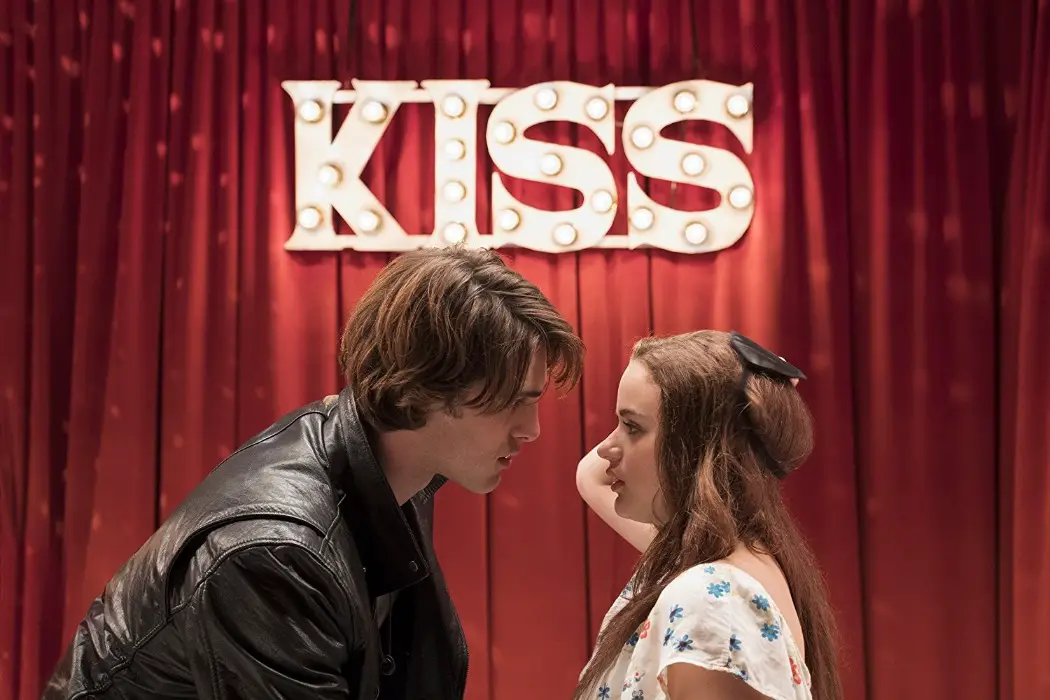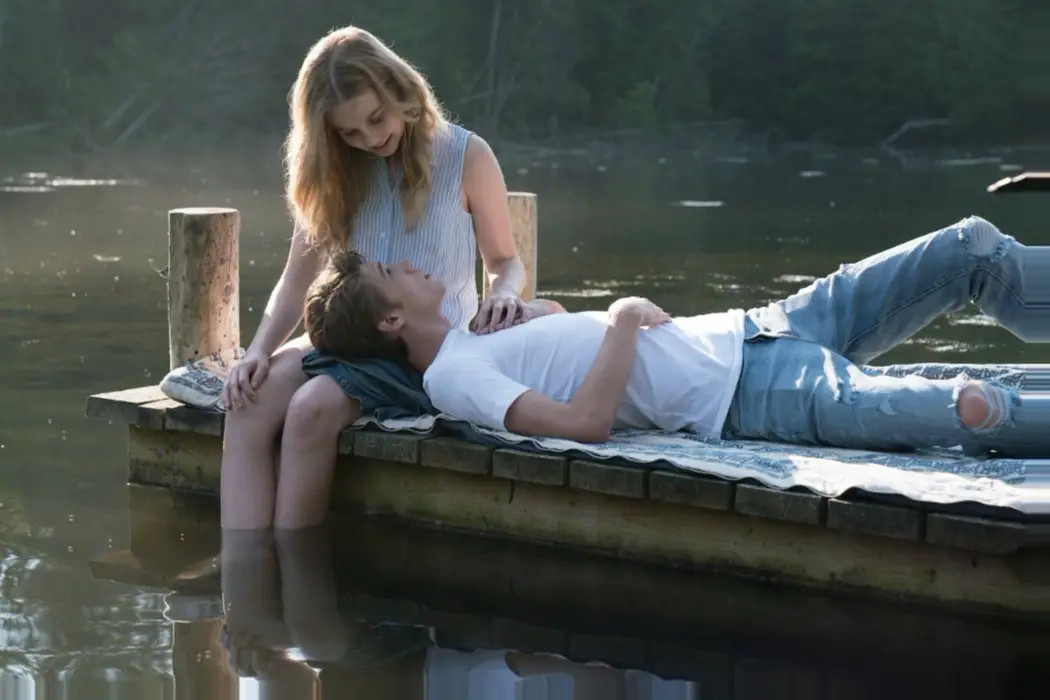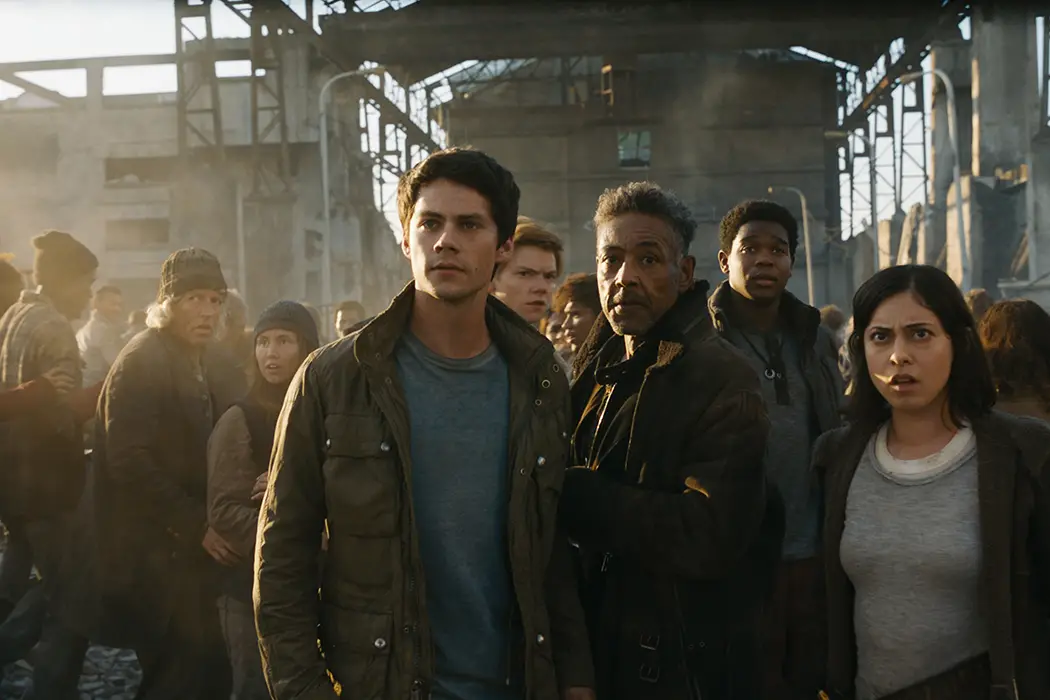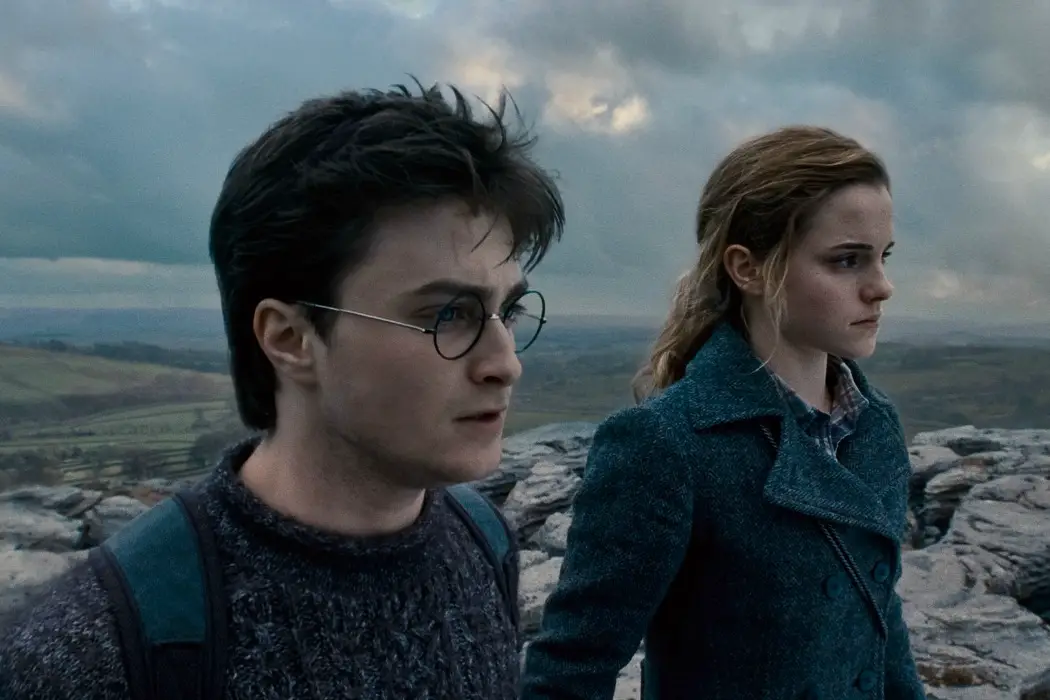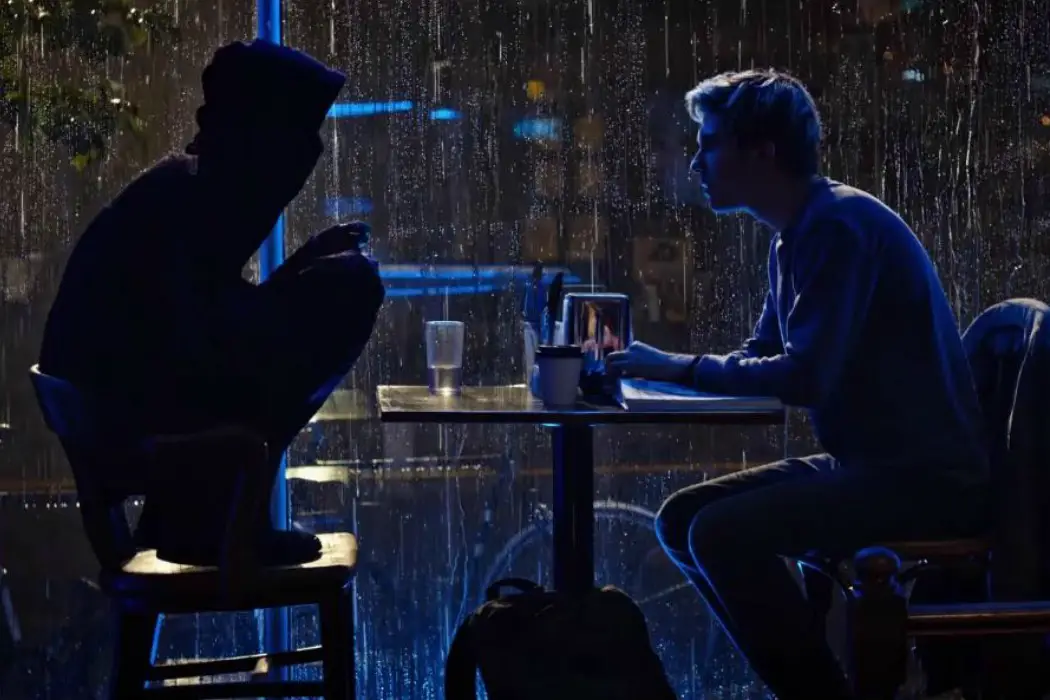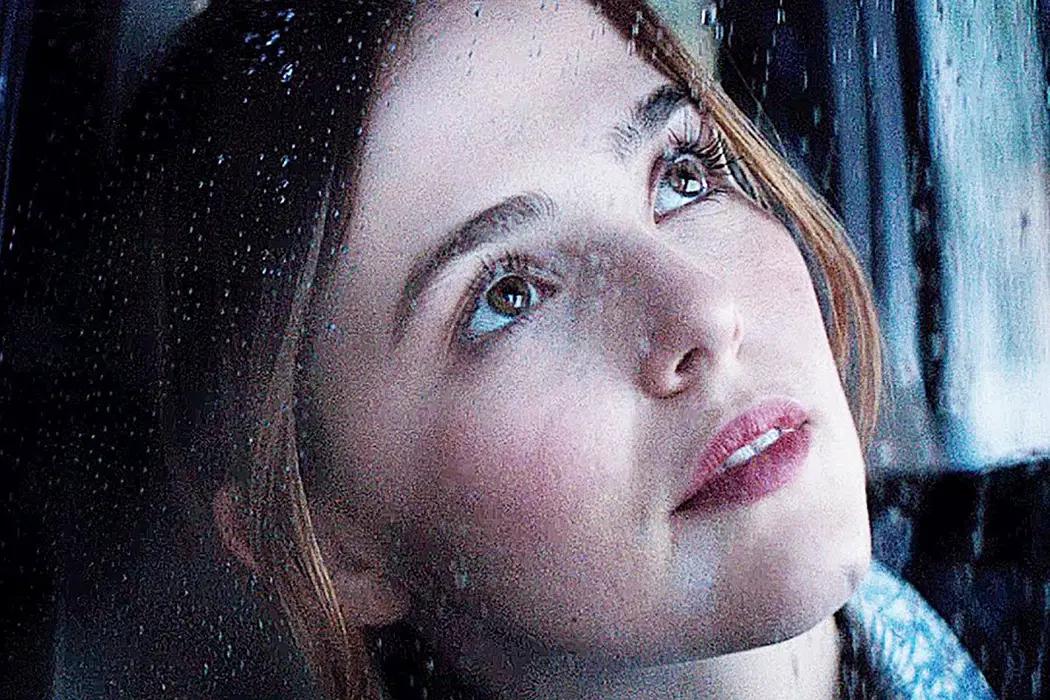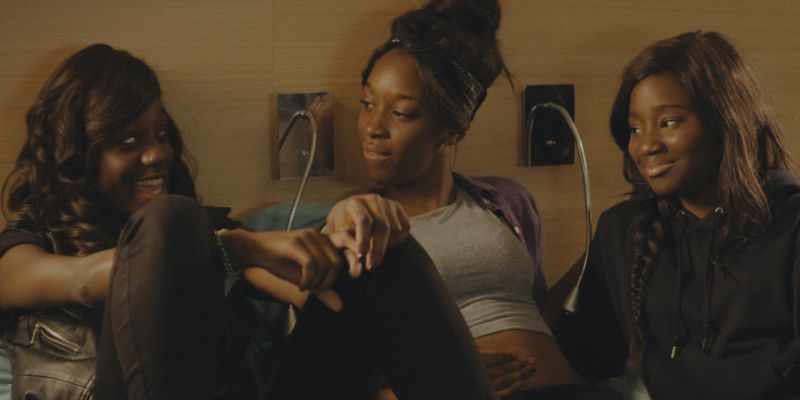young adult

Interpreted from the widely popular young adult fantasy novel by Ransom Riggs, Miss Peregrine’s Home for Peculiar Children is home to the latest magical world from the mind of Tim Burton. Alas, there is no appearance from Johnny Depp or Helena Boham Carter, yet there is no doubt that the somewhat creepy, dire visuals on-screen belong to a Tim Burton film. Aside from the visuals and construction of characters, though, there isn’t much more to this book adaptation.
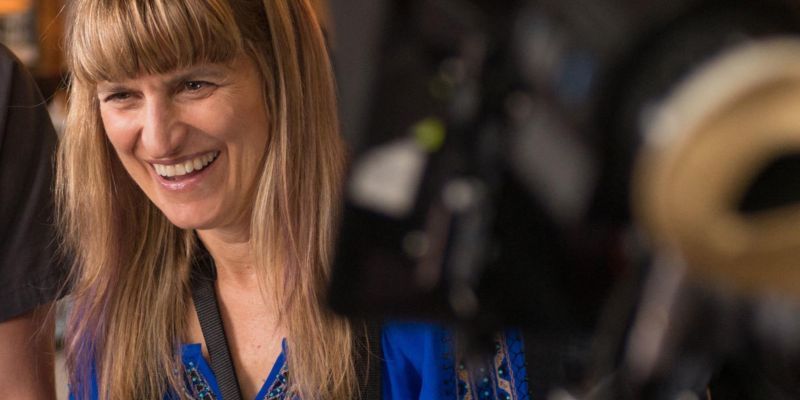
Catherine Hardwicke’s name may now be synonymous with a certain teen vampire movie, but her career has spanned a diverse and accomplished selection of films encompassing skateboarding SoCal teens, adolescent angst, fantasy action and moving comedy drama. Hardwicke is now also well-known for her work in raising the profile of both female filmmakers and highlighting the industry bias against them, an issue she has experienced first hand throughout her career and one on which she is not afraid to speak out. Whatever project she undertakes, her work is full of energy, vibrancy, and authenticity.
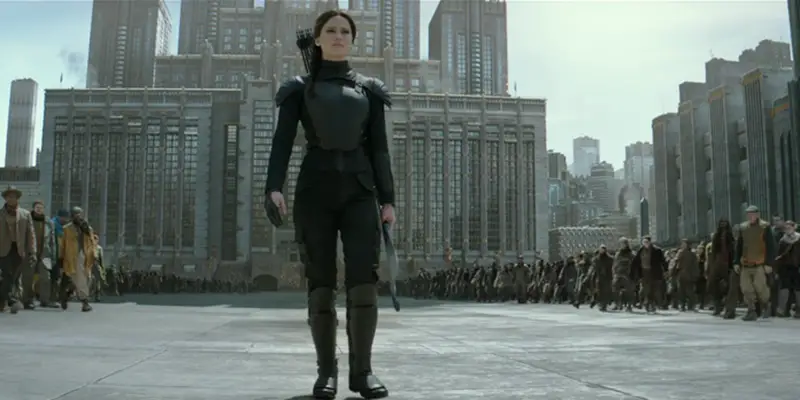
Although initially derided as nothing more than a rip-off of similar dystopian novels (and their subsequent film adaptations) The Running Man and Battle Royale, author Suzanne Collins saw her book series become increasingly popular due to how it tied in with the contemporary societal fear of graphic violence co-existing with inane entertainment. Collins devised the idea for her original 2008 novel whilst at home channel-surfing, with the image of a bleak reality showcased by war reports on news channels making an uneasy bedfellow with the artificial reality of TV talent competitions. A dystopian fantasy that now closely resembles our reality As the adaptation of the final chapters in Collins’ trilogy closer Mockingjay Part 2 makes its way to the big screen, it is less than a week after the world was left horrified by images of terrorism in Paris.



